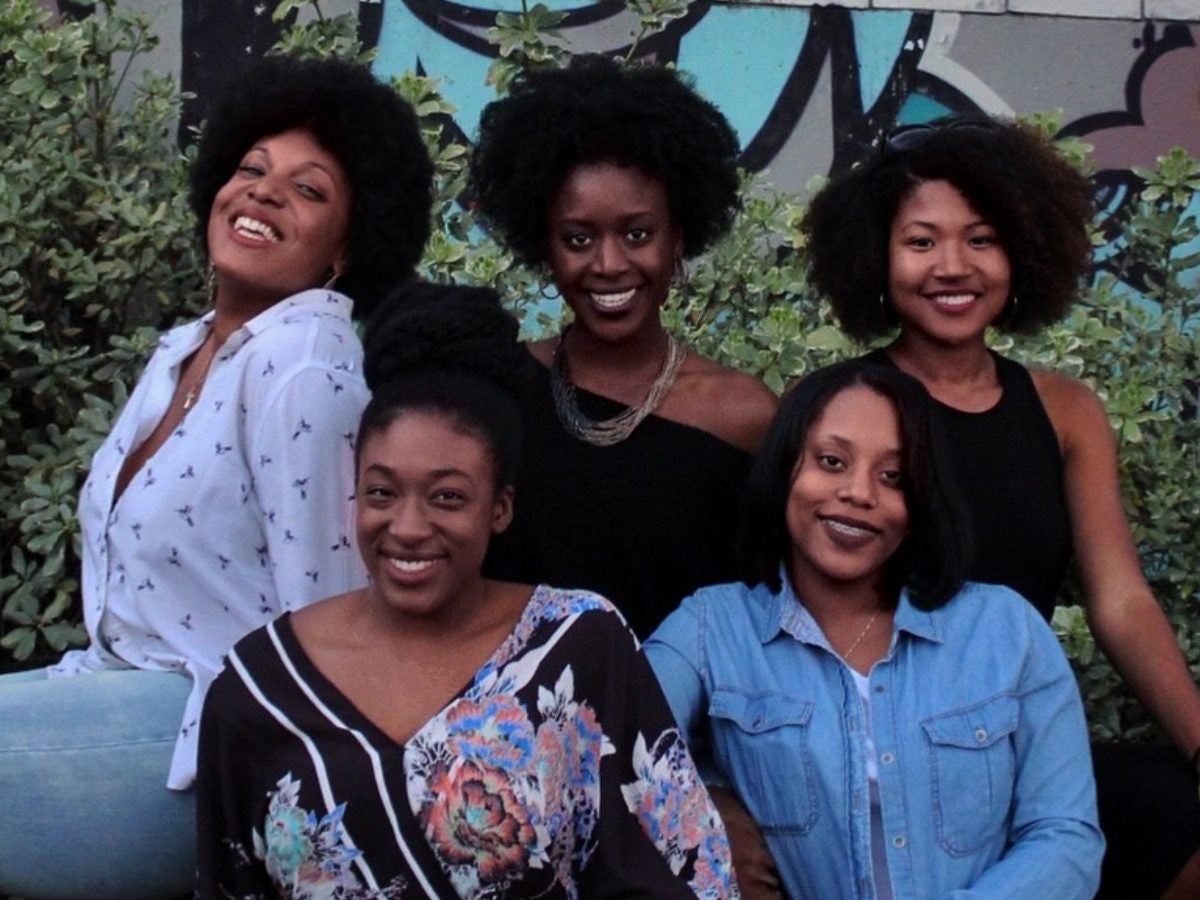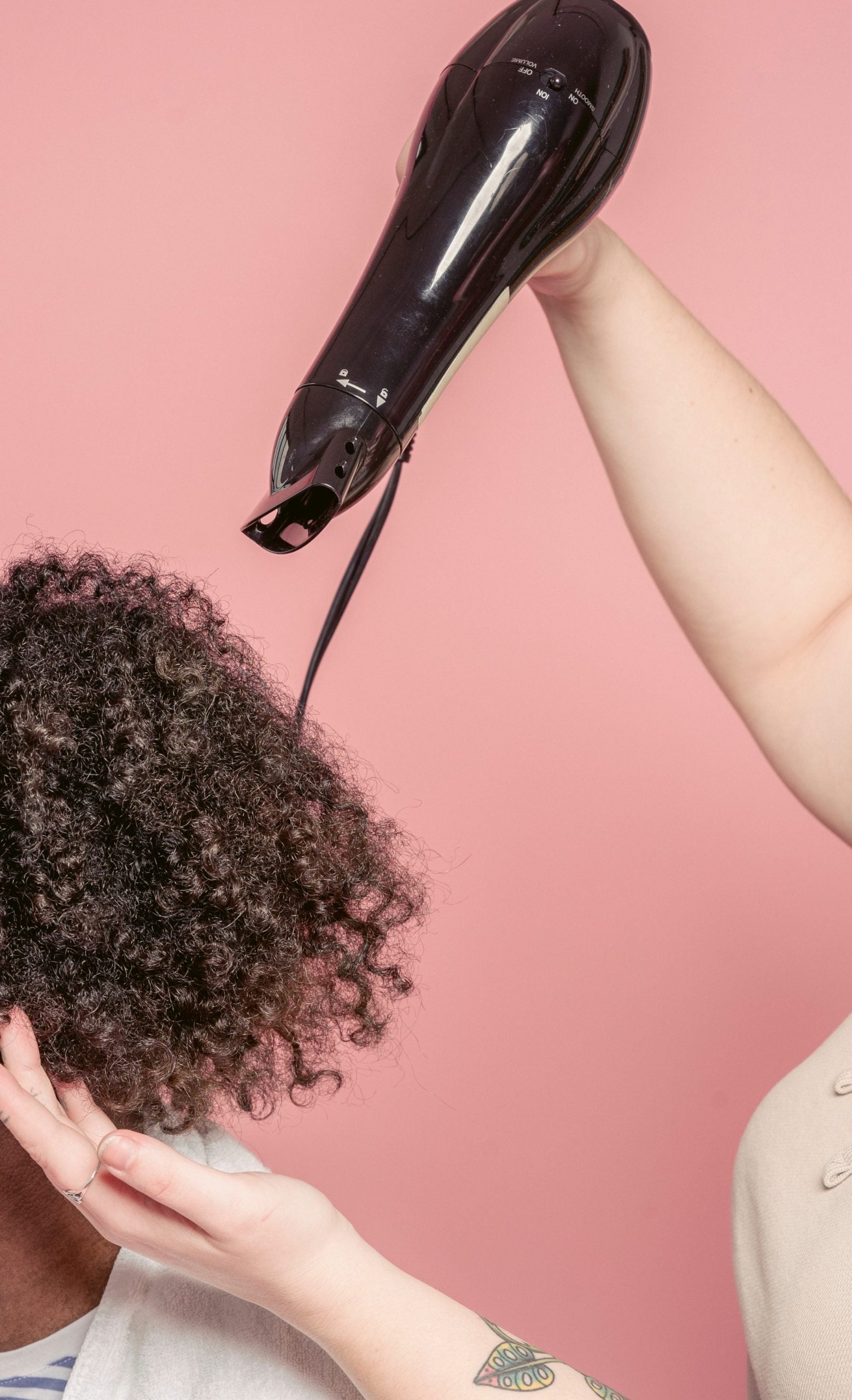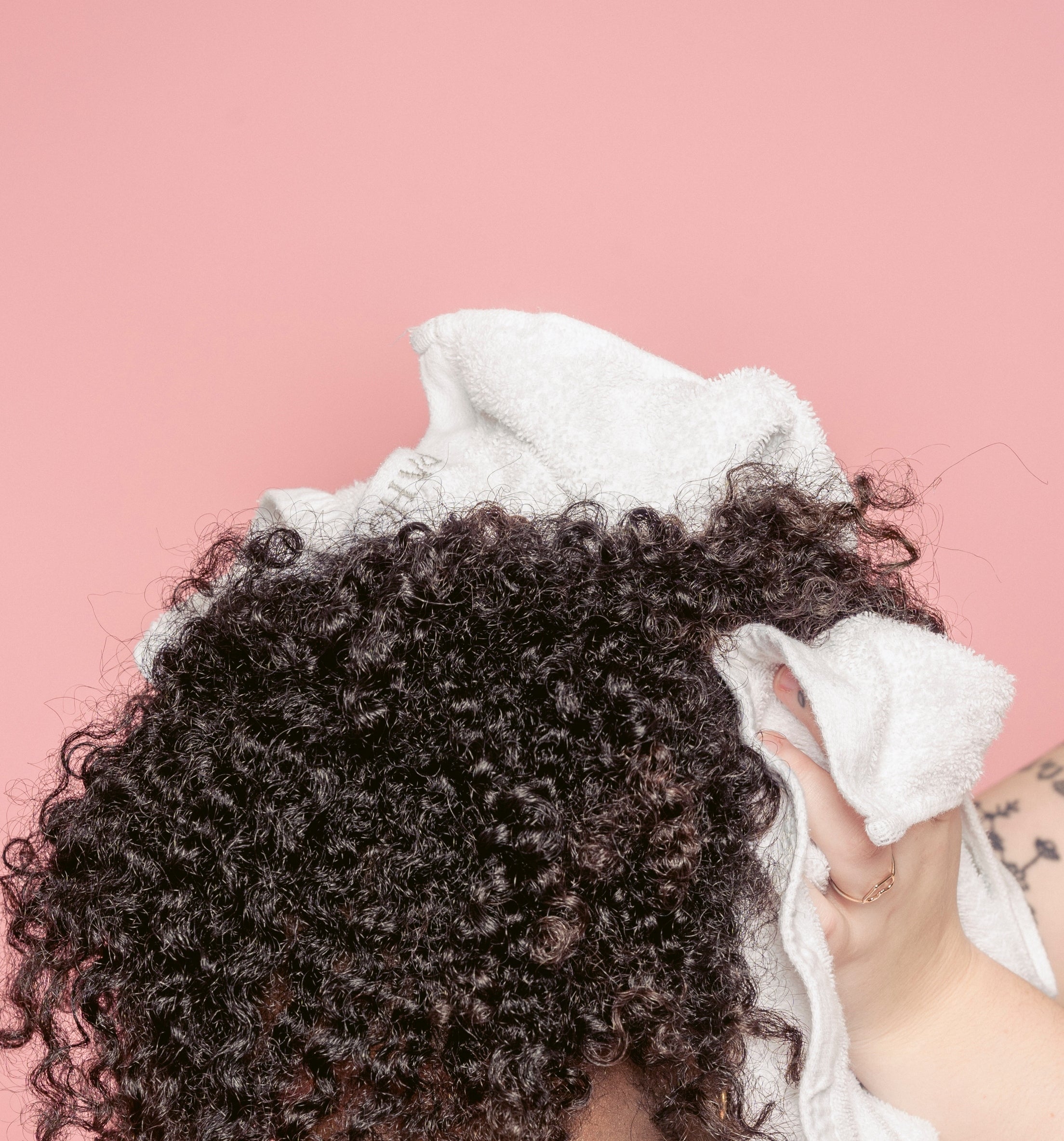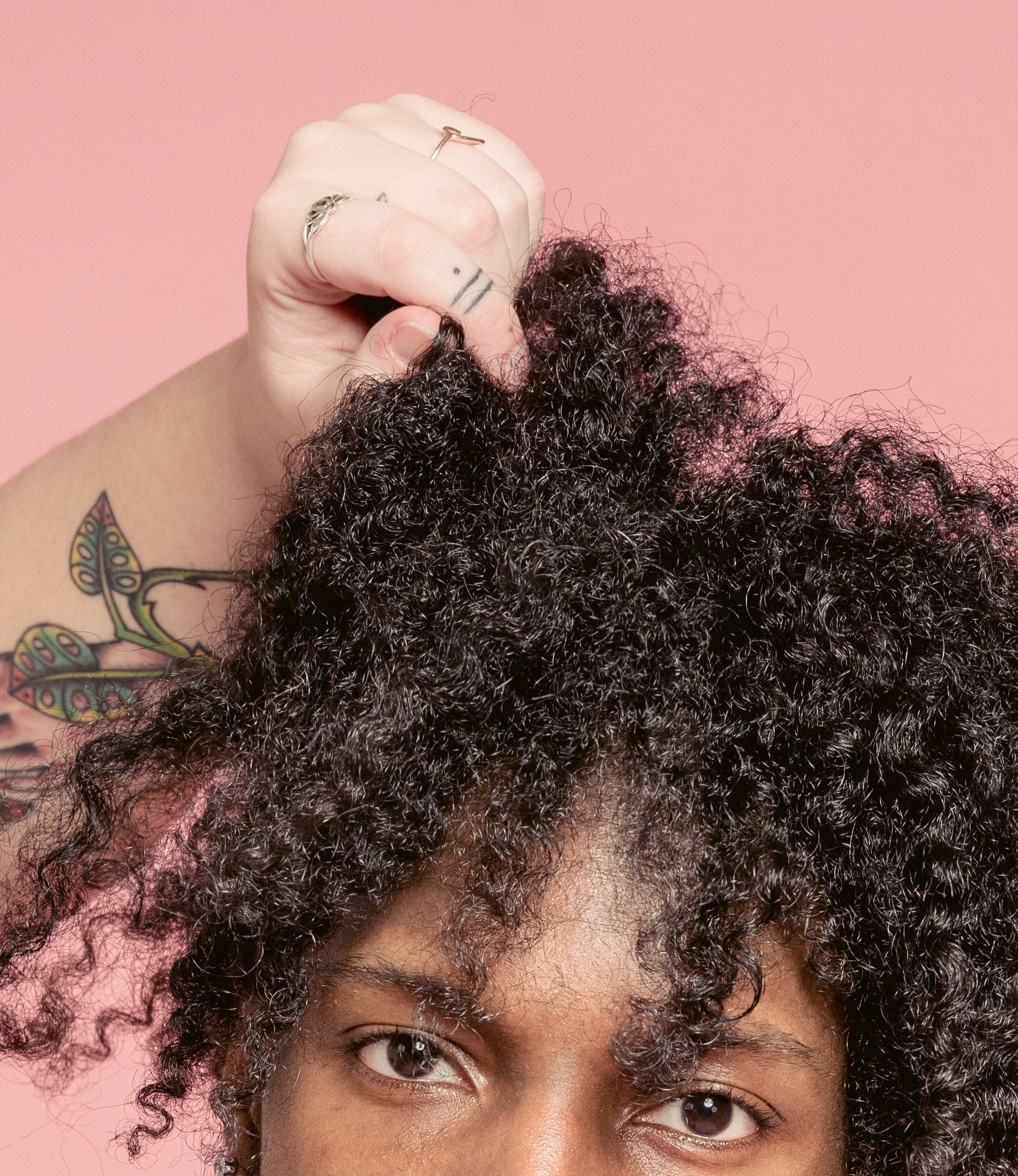
For many years, Black models and celebrities have shared their behind-the-scenes horror stories of so-called professionals being unable to properly style their hair on set. Most of them are blessed with 3C and 4C hair, have even documented experiences when they were forced to have to redo their own hair just minutes before hitting a runway. Celebrities have even requested that Black stylists be on set for movies and television shows to help them look presentable, however, their needs were ignored. Now, the beauty industry is finally putting Black women’s hair at the forefront of beauty standards, and the announcement is being met with mixed reviews. Let’s talk about it.
It has long been a conversation about how Black women have often been turned away from non-Black beauty salons. After diving deeper into the issue, we’ve come to learn the rejection isn’t necessarily stemming from racism. Instead, research shows that it is mostly stewed in ignorance about our textures of hair. Unfortunately, the problem is international.
ESSENCE Award-winning author Karen E. Quinones Miller knows all too well what it’s like to be turned away because of her coily hair texture. “I wore an Afro when I first arrived at the U.S. Naval base stationed in Keflavik, Iceland in July 1980,” she revisits with ESSENCE. “After about two months, I went to the U.S. base salon to get a trim so I would stay within the stringent length requirements set by the military, only to be told that none of the seven licensed stylists had any experience with Black hair.”
Quinones-Miller remembers that although these U.S. military-trained hairstylists were very nice about the rejection, she was not happy about the way they ran their fingers through her hair commenting that her coif was “different and interesting.” With much resilience, Quinones-Miller and the other Black women on the base banded together to do each other’s hair. She concludes, “Had the U.S. stylists been required to style textured hair back then, I would have looked and felt outstanding!”
More than 40 years later, Louisiana’s Board of Cosmetology passed a resolution on Monday (November 8) to require all licensing exams to include a section on cutting textured hair, per a report via KATC.
“I’m excited about the progress that Louisiana is making in terms of preventing race-based hair discrimination,” Esi Eggleston Bracey, Executive Vice President and Chief Operating Officer of North America Personal Care at Unilever tells ESSENCE exclusively. “This new policy is a monumental step in the right direction considering Louisiana’s unfortunate racist history of regulating the hairstyles of Black women and girls’ hair.”
In May of this year, New Orleans and Shreveport also passed the CROWN (Create a Respectful and Open Workplace for Natural Hair) Act is a California law that prohibits discrimination based on hairstyle and hair texture by extending protection for both categories under the FEHA and the California Education Code. It is the first legislation passed at the state level in the United States to prohibit such discrimination. While celebrity hairstylist Ursula Stephen agrees that this is a great step towards equality in the industry, there is still plenty more work to do.
“I think it’s deeper than the state board. We need to make sure that it is included in the curriculum at every beauty school. Proper lessons need to be taught by those that are knowledgeable about textured hair,” she explains to us. “Although this [policy] won’t make non-Black stylists great at working with textured hair—because this happens with time and experience— it will hold them accountable.”
So, what is the chance —if any— that Black hairstylists will lose profitable opportunities due to a spike in competition? Stephen predicts that the new movement will actually give an opportunity for a wider range of hairstylists. “I think it will ultimately bridge the texture gap that has separated the beauty industry for so long,” Stephen foresees. In the spirit of inclusion, there’s also the expectation that the new mandate will also end the segregation of Black and White salons. “This resolution will help non-Black stylists feel more comfortable working at predominately Black hair salons (and vice-versa). It will turn salons from being solely white or Black to a place where all women and men can get their hair done no matter the texture,” co-founder of DreamGirls Hair, Sharie Wilson explains.
With the Louisiana State Board of Cosmetology resolution in order, it beckons the question if Black people will truly feel comfortable sitting in a non-Black stylists’ salon chair. Tonya Thompson, co-founder of DreamGirls, believes it is all based on individual preference. “If a non-black stylist is able to showcase their skills and their ability to do Black hair, a patron may use someone other than Black hairstylists.”
We are all about progression! As you remember, Lynn (played by Alicia Silverstone) from the 2005 movie Beauty Shop proved that she knew how to throw down with her braiding technique after a client finally gave her a chance. Just something to think about.
The resolution will be implemented in Louisiana starting June 2022. We are sure other states will have this new policy on their radar.







